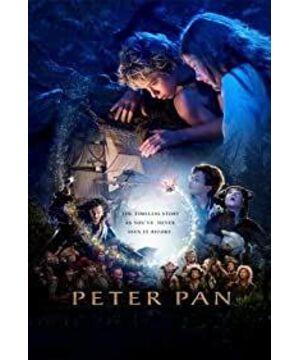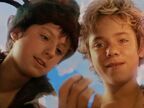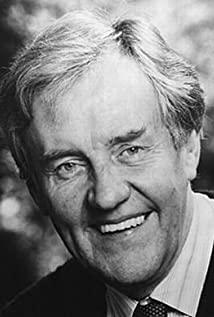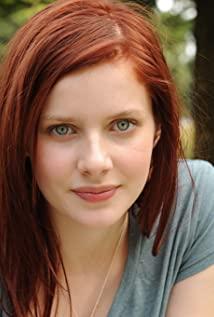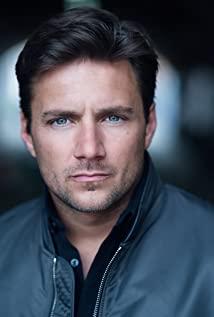From that moment of attention until I finally put the movie DVD into the PS2, at least a few months have passed. After watching it, I am quite relieved that this movie is more in line with my heart than the original fairy tales or Disney animations (ignoring the old version of the movie...).
Wendy, the daughter of an ordinary employee family, met a flying boy and a little golden fairy one night, so she took her two younger brothers with them to Neverland... The beginning of this story belongs to all the children, and the end belongs to All adults. Some people say that the fairy tale "Peter Pan" is a lot heavier than "The Little Prince". If there is no last chapter, it is just an ordinary fairy tale-but I don't like the last chapter. No matter how much this chapter sublimates the connotation of fairy tales, no matter how it pierces those adults who forget the fairy tales and makes them feel sad, but I always think the author has some malice. This is not a story that can be sublimated in tragedy. All we see is mutual forgetting and separation. Wendy no longer believes that she can fly, and Peter Pan also forgot that Wendy will grow up. Wendy grew old with the adult world, generation after generation, and Peter Pan stubbornly stood in an innocent, happy, heartless childhood, refused to grow up, and finally they forgot about each other. This is not kind nostalgia or regret, I seem to hear the author muttering to himself in the dark-you adults who have forgotten your childhood are no longer qualified to be remembered by Peter Pan, and no longer qualified to go to Neverland, so I put Show you this wonderful childhood world, and then remind you that that door has been closed forever.
This kind of ending will not be pleasant for a child who cannot understand it or an adult who can understand it. So the animations and movies that are really shown to children have played down this part. So I finally saw this bright Peter Pan. He is a boy who is a hundred times more beautiful than the original illustration. He has shiny blue eyes, disheveled blond hair, a childish and proud voice, and an incredible self-confidence. Smile—When he is depressed and painful, the snow and ice will seal Neverland, and when he laughs and joy, spring will cover the earth with the golden sunshine. Peter Pan is no longer a boy fleeing from humans, but an elf from Neverland. When he shouts "I really believe in fairies, I believe, I believe!", dreaming children and half-waking adults all over the world will follow. He read it together—what kind of miracle is this? !
This charming little Peter Pan, perhaps the only one, fell in love with Wendy. He said he would never forget Wendy and would come back to listen to her story about himself. Juvenile Junxiu's eyebrows were marked by sadness and parting, and then flew away, turning into golden meteors leaving in the night sky. A grown-up Wendy was left behind, and the story was passed down from generation to generation.
All the children have grown up, except Peter Pan. Peter Pan has countless joys that no one else has, but there is only one that keeps him out of the window forever-but is it worth leaving Neverland to grow up just for the joy in the window?
I am not sorry for Peter Pan, but confused and perplexed by Wendy's decision, although the motive is justified.
When I was young, I watched fairy tales, watched "Pippi Longstocking", watched "Little Flying Man" and other things. I sincerely hope that I don't have to grow up. A girl like Wendy hopes to be faster than others when she grows up. The same is true for me-but the difference is that when I can choose not to grow up, I won't go back to that window. At the end of the original book, Peter Pan and Wendy make an appointment to take her to Neverland during the spring cleaning every year, and then he sometimes forgets it, and then Wendy can no longer wear the clothes of the year when he grows up. The two people meet only in embarrassment after many years. The author cruelly describes such a scene, the helpless adult meets the innocent and jovial Peter Pan, Peter Pan takes the equally happy children to Neverland, and ignores those who have been taken by him but have grown up. People. How can I like Peter Pan, who has forgotten everything without a heart and a heart?
It was Wendy who chose to leave Neverland. Choosing to grow means choosing to forget. Looking back, no one who had a really happy childhood that day can pretend to be the grown-up self, so we forgot Peter Pan, not Peter Pan abandoned us. Obviously we are growing up heartlessly, there is no need to shift the responsibility to that boy and leave regrets to ourselves. However, the author distorted this point, misled people's helplessness and sadness, and made everyone grandiose victims of time and people abandoned by Peter Pan, but forgot that everyone originally chose the path themselves.
Fortunately, the boy in the movie promised not to forget, and promised to come back-which is much more comforting than the original. Although Wendy decided to grow up and will grow old in the future, that kiss truly and always belongs to Peter Pan.
View more about Peter Pan reviews


